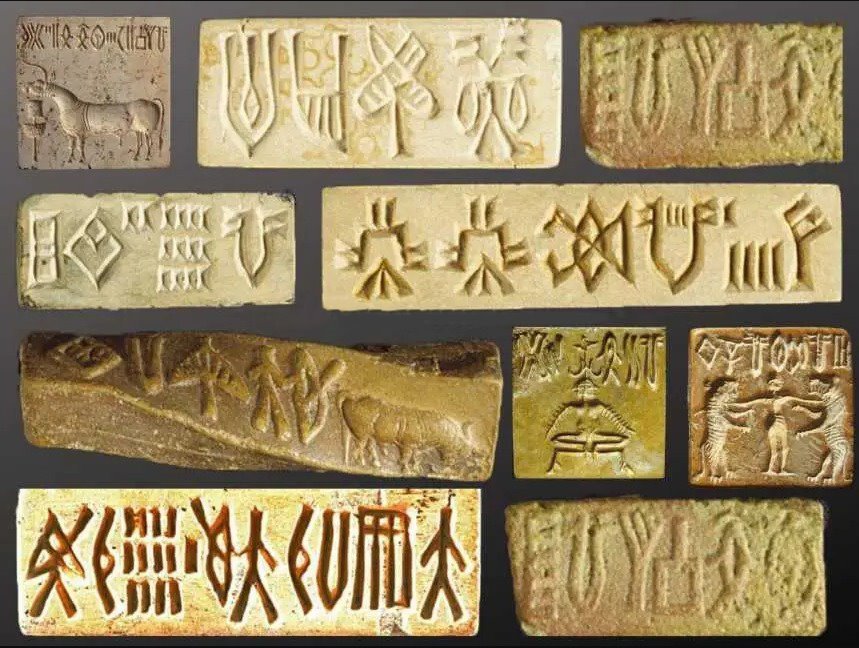The Indus script (also known as the Harappan script) is a corpus of symbols produced by the Indus Valley Civilization. Most inscriptions containing these symbols are extremely short, making it difficult to judge whether or not these symbols constituted a script used to record a language, or even symbolize a writing system. In spite of many attempts, the 'script' has not yet been deciphered, but efforts are ongoing.
There is no known bilingual inscription to help decipher the script, and the script shows no significant changes over time.
But why has no serious researcher deciphered the script?
There is a strong disagreement among linguists and Indologists about the very nature of the script. Indologists claim that the Indus script may not have been linguistic at all, while Asko Parpola, professor emeritus University of Helsinki, Finland, who has been trying to decipher the script since 1968, and others say it was pretty much linguistic and may have belonged to the Dravidian family of languages.
We also don't know which language(s) was spoken in the Indus civilization. Extreme brevity of the Indus texts (average text length is about five signs), absence of bilingual or multilingual texts, and apparent discontinuity in traditions at the decline of the Indus Valley Civilization are also the other problems.










